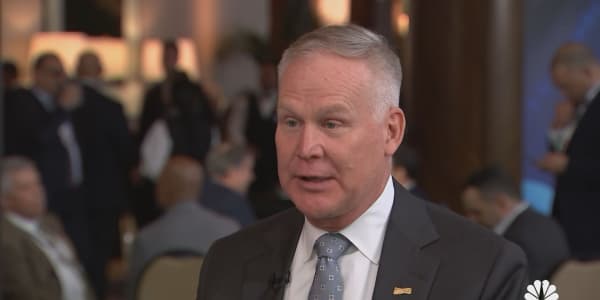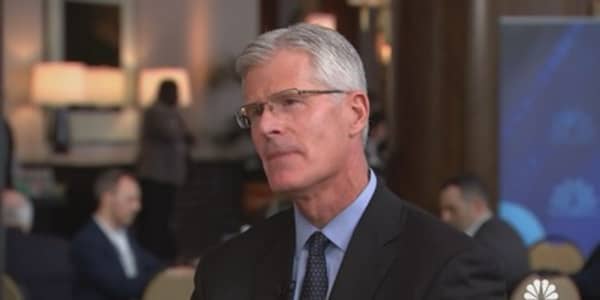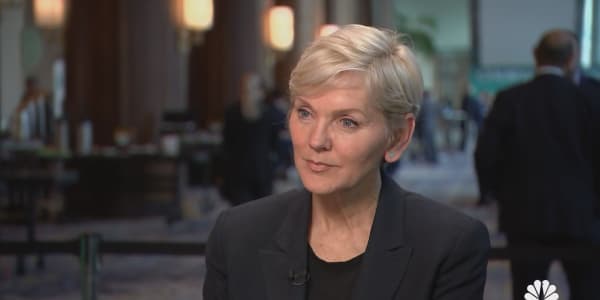The gusher of liquefied natural gas ready to set sail on the world market in the next five years creates challenges for traditional gas suppliers, Russia's Gazprom among them.
State-owned Gazprom is Europe's biggest natural gas supplier, and it has turned east to China in recent years for new growth and a rival market to counterbalance its sometimes rocky relationship with Europe, its biggest export market.
About 25 percent more LNG will hit the world market by 2020.Charif SoukiCEO, Cheniere Energy
Just Wednesday, the European Union accused Gazprom of hurting competition and charging unfair prices in different countries in Central and Eastern Europe. Gazprom dismissed those allegations as unfounded and said it expects a political resolution.
But in its dealings with China, Russia would like to first extend a pipeline from western Siberia to China, while China would like it to prioritize a pipeline that is now contracted farther east.
Read MoreThe oil-price collapse changes everything: Yergin
Qian Xingkun, vice president of CNPC Economics and Research Institute, said the strategic partnership between Russia and China is important in securing supply and integrating the global market. But he also said there are challenges.
"LNG imports are more competitive than pipeline imports," he told a panel at the annual CERAWeek energy conference in Europe. He said much of the potential growth will be in the eastern and southern markets inside China.
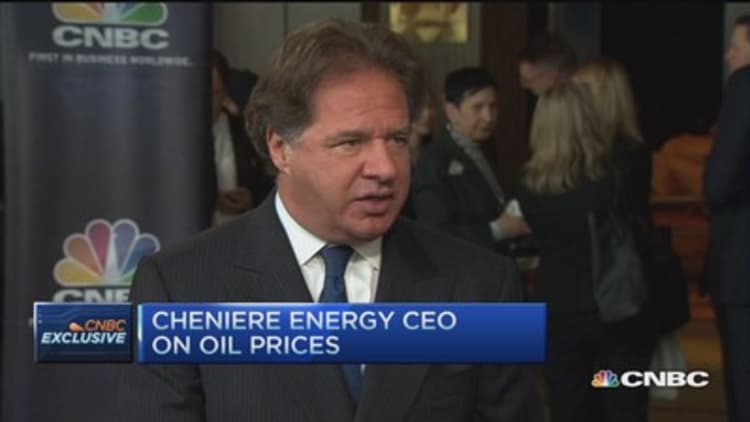
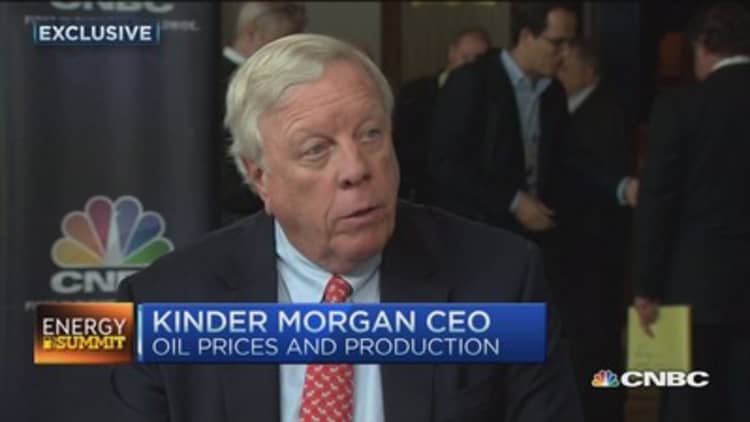
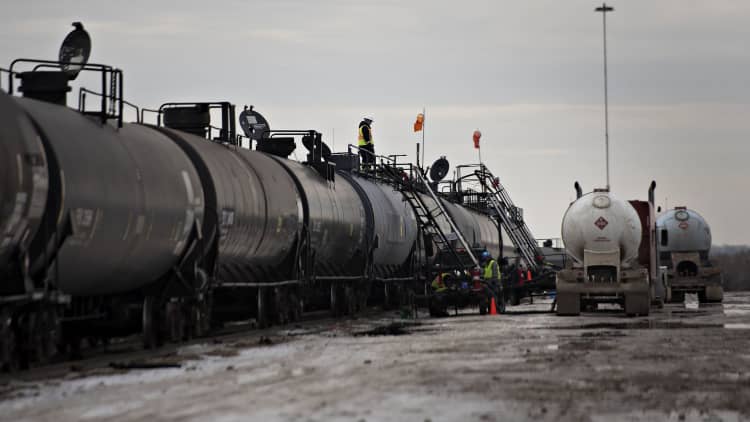
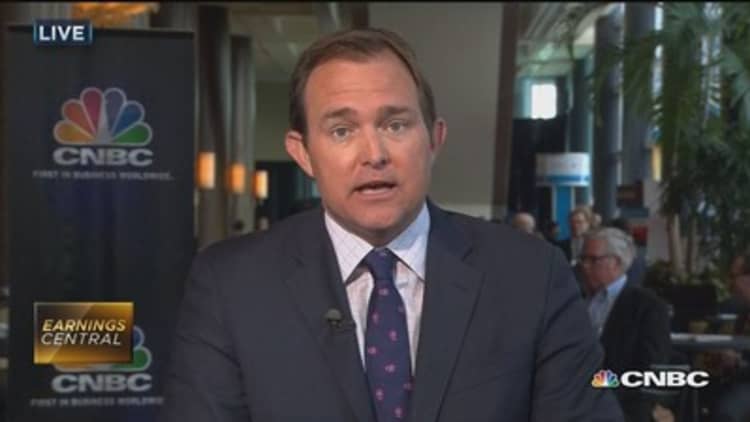
Xingkun had a wish list for Russia, which included the need to have more trust and collaboration. He also said the China market has many energy sources and will be oversupplied in the next few years.
It would like a lower price, as well as the eastern Sino-Russian pipeline route to be prioritized and accelerated in development.
Read MoreOil industry at turning point in new low-price world
"Russia wants to fast-track the western pipeline," said Matthew Sagers, head of Russian and Caspian Energy Research at IHS. He said it's a message to Europe that Gazprom has other markets to serve.
According to Charif Souki, CEO of Cheniere Energy, about 25 percent more LNG will hit the world market by 2020, and Cheniere will begin to export U.S. gas at the end of this year.
Read MoreCheniere CEO: The worst is now behind us
Europe is also looking to diversify away from Gazprom's stronghold on the market.
"Germany and Europe don't want to put all their eggs in one basket, and we will try to get more independent from one supplier—Russia," said Holger Lösch, member of the executive board of BDI, an association of German corporations.
—By Patti Domm, executive news editor, CNBC.com



